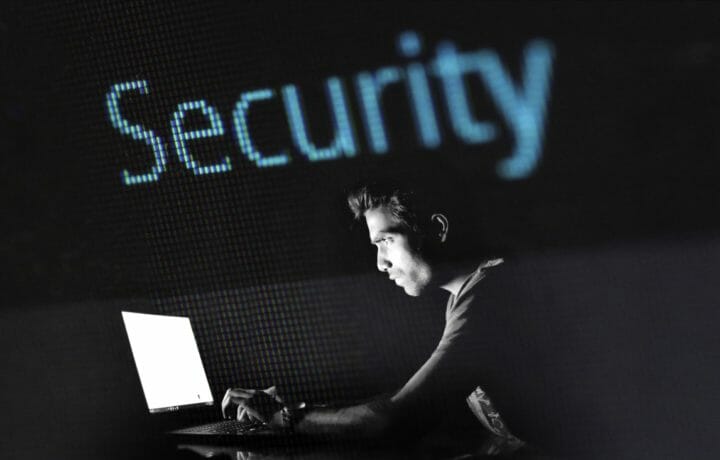Cybersecurity News Round-Up: 5/25/12
Another week promises another string of risks to US cybersecurity, with the latest cyber threats coming out of the Middle East.
In a video obtained by the FBI and released this week by the Senate Committee on Homeland Security and Governmental Affairs (HSGAC), terror group Al Qaeda addressed its cyber capabilities, calling for the “covert Mujahidin” to commit “electronic jihad” on the United States.
“This is the clearest evidence we’ve seen that Al Qaeda and other terrorist groups want to attack the cyber systems of our critical infrastructure,” HSGAC Chairman Joe Lieberman, (I-Conn.), said in a statement. “Congress needs to act now to protect the American public from a possible devastating attack on our electric grid, water delivery systems, or financial networks.”
Using the video as another push to get his colleagues to pass legislation to enhance US cybersecurity, Sen. Lieberman and his committee went on to suggest that “the threat of the cyber attack is increasing with each passing day and that the gap between terrorist aspirations and capability is closing.”
But according to one notable name, the government may be doing more harm than good. Known as “father of the Internet,” computer scientist Vint Cerf this week criticized the US and other governments around the globe for using cybersecurity as a means of masking underlying plans to regulate the Internet and the flow of information available to consumers.
“New laws could harm the very benefits we are trying to retain from this open, creative system,” Cerf said, according to the Wall Street Journal. “It wasn’t in our heads when we created the net’s infrastructure that it would be abused.”
But beyond regulations and said cyber abuse, Obama’s outgoing cybersecurity coordinator Howard Schmidt took to the White House blog on Monday to report on what he called “tremendous progress” being made between industry and the government to protect the nation’s critical infrastructure from cyber attacks.
Noting one new joint venture, Schmidt said the Department of Defense had received the go-ahead to begin working with some of its contractors to share cyber threat and mitigation information to better protect the agency’s data.
Schmidt also announced in his blog post that before leaving office at the end of the month, he’ll serve as host to an upcoming meeting of public and private sector executives to discuss efforts to stop botnets, which he called “one of the biggest risks to Internet security.”
Michelle Kincaid is a DC-based public affairs professional specializing in technology policy. She is also founder of the blog CybersecurityNews.org. Follow her on Twitter at @OnCybersecurity.



